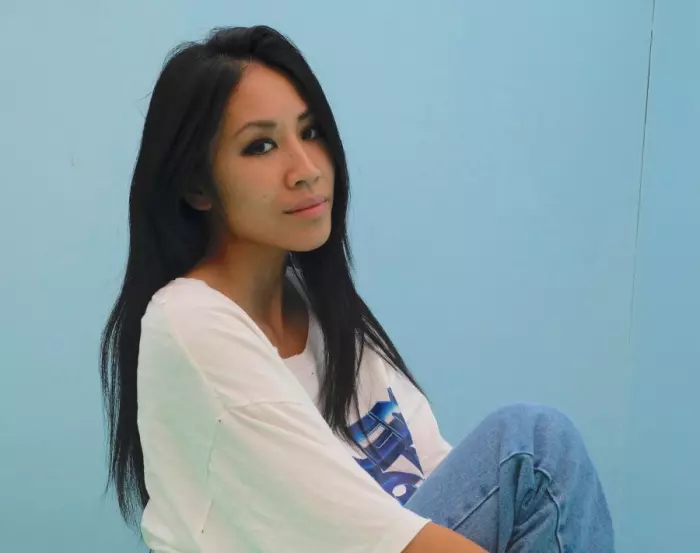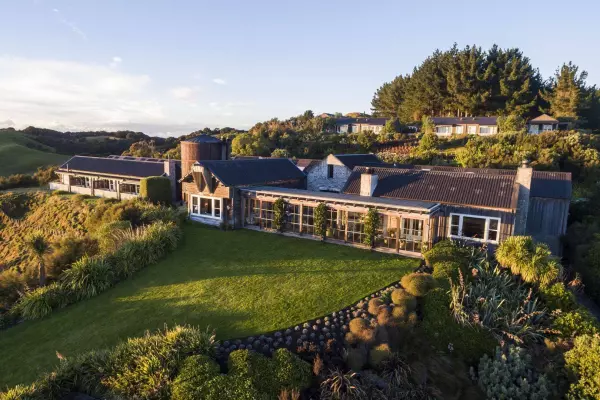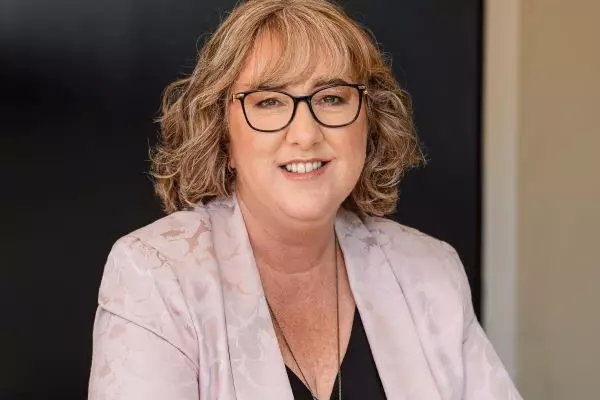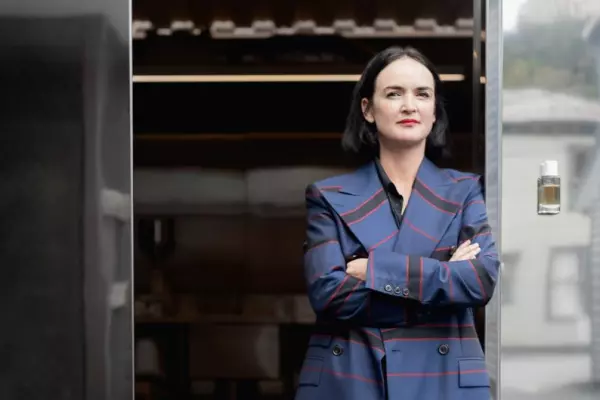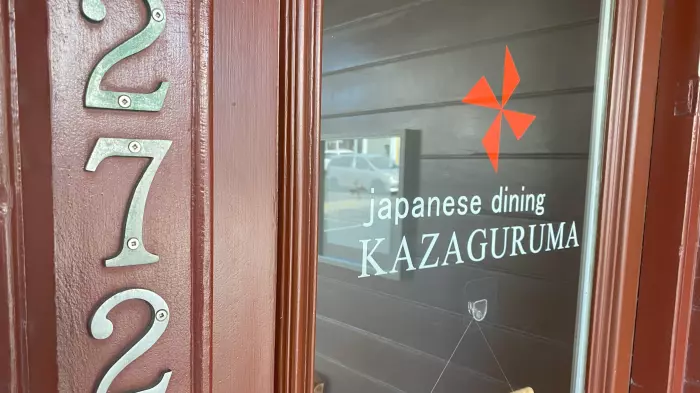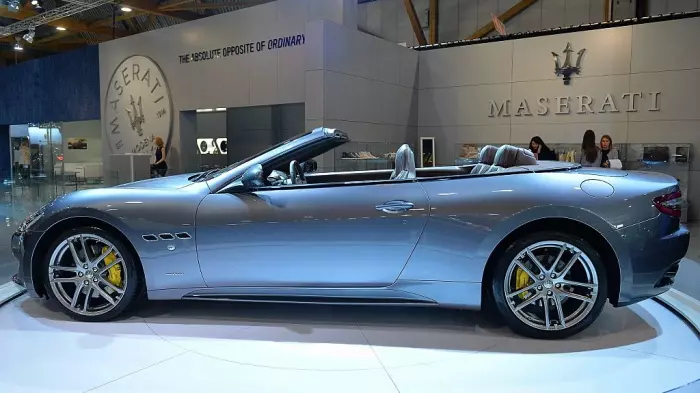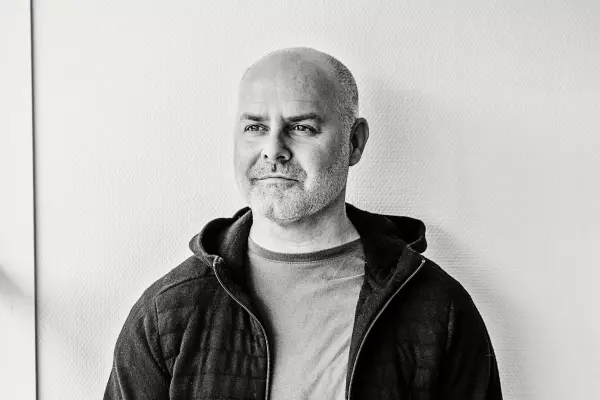In this instalment of our Talking Shop series we chat with Lauren Fong, who combines her role as network manager of the ArcAngels female-led startup fund for Icehouse Ventures with DJing and music production. Here, she talks about unconscious gender bias in venture-capital funding, lessons learnt from her own startup and making sacrifices to have a dual career.
As well as your venture-capital experience, you founded and ran a company in the US. Tell us about that.
I moved to Portland, Oregon, in 2019 after graduating from university in Wellington with a bachelor of commerce degree, majoring in marketing and management. I decided to start a health and wellness brand selling health supplements in the US. That market was booming and wellness is very popular there. I bootstrapped it and used my savings to start with. After about a year, I decided to move back to New Zealand, but with logistics, manufacturing and shipping, it was too hard to manage the business from here. I fell out of love with it, to be honest.
What did that experience teach you?
Resilience, definitely. I had never been put in a situation where there's constant roadblocks appearing out of nowhere and you’re having to put out so many fires. So it's this constant battle – a never-ending challenge. Prior to that, I hadn't really gone through a huge life experience that would totally turn my world upside down, in a good way. So it taught me to stay hopeful, remain motivated. I learnt so many life skills that I don't think I could have gained from anything else. When I wanted to work in startups, I had that level of empathy for entrepreneurs; I know the daily struggles that they go through. And when they are often in tricky situations, or looking for solutions, I can understand where they're coming from.
You now manage the ArcAngels fund for Icehouse Ventures which specialises in female-led startups. What attracted you to this fund?
For me, it's about helping a community that is severely disadvantaged compared to their male counterparts. And if I can do my part and take some responsibility and help women-led companies, then I know that I've done my duty in some way.
What does the female-led startup landscape currently look like in New Zealand?
I’ll start with the positives. Right now, we have lots of capital flying around so there's more investment out there for female-led companies. Also, generally speaking, the startup ecosystem is gaining more momentum. There is a community of females backing females. Where the industry is lacking is that the data and the statistics do not work in favour of a female founder. Last year, globally, less than 3% of venture-capital funding went to females and their startups, which is shocking.
Why is this happening?
I think it is linked strongly towards unconscious bias that exists when females are asking to raise capital. A 2017 study published in the Harvard Business Review showed that when being interviewed by venture capitalists, females were asked restrictive and preventative questions, compared to men, who were asked promotional and positive questions. For example, a female may have been asked, “How do you protect yourself from competitors?” Or, “What will you do to ensure that your income remains at a steady rate?” These are preventative and restrictive questions. I looked at the questions that the male entrepreneurs were being asked, and they were like, “What does growth look like for you in 10 years’ time? Where do you see yourself in the market? How will you be a leader?” And it was interesting to see this, for a female to really have to defend herself. And interestingly, even women venture capitalists will ask these questions of other women. We need to tackle this and get rid of it so we're creating a fairer and more even landscape.
Do you think that exists as much in New Zealand? Or more so?
It does exist in New Zealand because the data shows that only 18% of all angel investment went to females last year. So we still have a significant disparity between female and male startups. But I'd also say that we are more progressive in the sense that we have organisations that are actually doing something about it. I've been in the industry for a year and a half and I feel like I've already seen some traction and some momentum and changes.
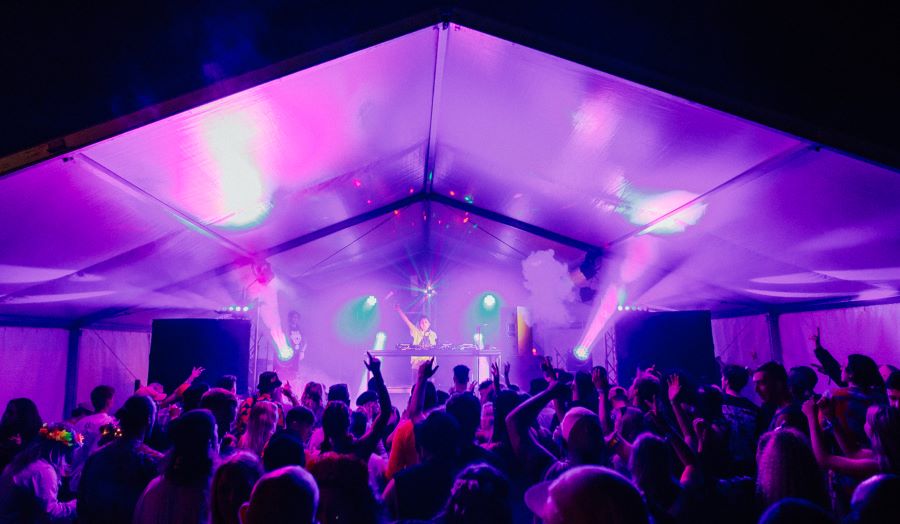 Lauren Gin performing at Soundsplash 2021.
Lauren Gin performing at Soundsplash 2021.
Your other career is DJing and music production under the name Lauren Gin. Do you treat that as a business, or is it more of a passion project?
It's actually both. It started off as a passion project about six years ago. I was DJing most weekends at gigs and clubs in Auckland. Then a couple of years ago, I started making my own music. And that was like entering another realm, of being a self-managed artist. I had to really focus on myself as a brand, trying to grow my fan base, really work on myself as being the long-term brand. It became not so much about money but purely about getting my music out there. And, you know, I absolutely love it. It's like two different lives – working in venture capital by day and then switching to using the other side of my brain at night.
The music industry is notoriously all-consuming. How do you balance the two?
Honestly, I ask myself that all the time. I've had to make a lot of sacrifices. I can't say yes to everything, I just have to really pick and choose what I’m going to pursue and fit it into my schedule. As soon as I get home, I literally open up my laptop, put on my music-production software and start making music, or work on a song that I've already released, or do social media for it, so it doesn't really stop.
You've recently released a single called Say No. Will you release more music this year?
I spent three months on the single. It was a song that I loved so much. I'm already working on the second track. So there will definitely be another single release this year. I’ll be featuring or collaborating with another local female artist, so that's exciting. Next year, I'll look at releasing more work. I think it’s almost two different lives, the ability to find time and juggle the two careers. Right now, I love both worlds. And I don't want to have to pick and choose between them.


